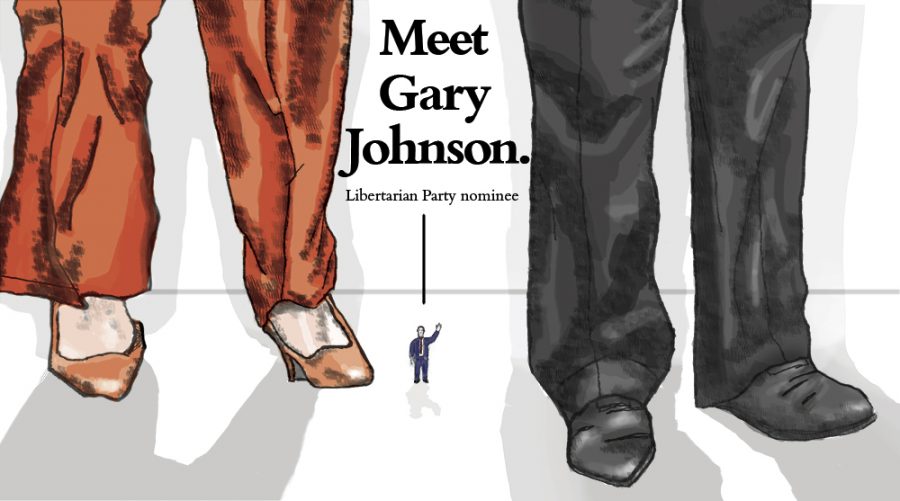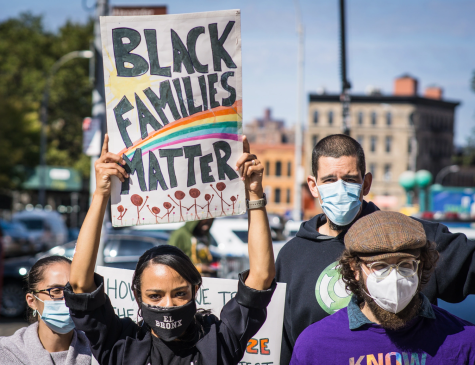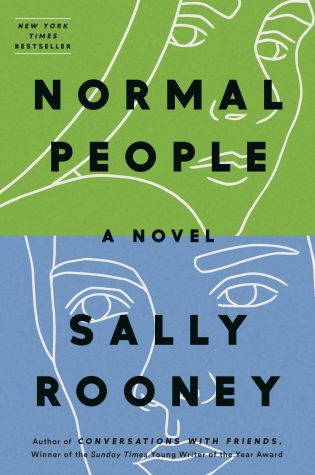Meet Gary Johnson: Libertarian Party nominee
September 28, 2016
Libertarian presidential candidate Gary Johnson will not win the election this year, but he will help determine who becomes the next president of the United States of America.
Johnson is a third party politician running for president under the Libertarian Party. Johnson was an accomplished athlete, business owner and former governor of moderate New Mexico.
He is unknown to most who are not actively involved with politics, but he has the highest poll percentage for any third party candidate since Ross Perot, who claimed five percent as an independent in 1992 and as a Reform party candidate in 1996.
Bloomberg polls show Trump leading two percent over Clinton, but polling institute Quinnipiac University shows Clinton over Trump by one percent. Johnson currently has around eight percent of the polls on average and tops out at ten percent, according to RealClearPolitics.com. Trump and Clinton both carry around 40 percent of the polls apiece so Johnson’s ten is a huge deal.
To this day, many Americans believe that Ralph Nader stole the election from Al Gore in 2000.
The election came down to the wire and Florida was the last state to tally the vote count.
Bush Jr. won the state and election with 537 more votes that Al Gore in Florida, according to the Federal Election Commission.
Nader gained 97,488 total votes in Florida and less than 3 percent of the popular vote.
“Nader got a few percent,” according to David Baggins, professor of political science at Cal State East Bay.
“They were mostly people who would have preferred Gore to W. Bush. So if Nader had not been an option, Gore would have won.”
The Libertarian Party has normally taken votes away from the Republican Party, because Libertarians tend to favor small government, take a right-wing stance on guns and support the abolition of income tax, privatized health care and free trade, according to the Libertarian Party’s website.
But Johnson and the Libertarian Party favor the legalization of marijuana, believe in isolationism in favor of national security and advocate for abortion and gay rights.
Johnson’s isolationism intends to keep America out of foreign affairs and focus on issues at back home.
Political poll analysis website FiveThirtyEight’s 2016 election forecast predicts that Johnson will take more votes away from Clinton than Trump.
For the first time, the Libertarian Party has over five percent of the polls and will take votes away from the Democratic Party. The moderate liberal voters that would have been for Clinton in a traditional two-horse race are now voting in favor of Johnson.
That is a problem for the Democratic Party.
Johnson’s presence is actually much more valuable to third party causes, rather than just serving as a thorn at Clinton’s side.
The Federal Election Commission states that when a party gets five percent of the popular vote during the presidential election, that party will then receive public funding for the next election.
The federal government will match up to $250 of an individual candidate’s donation for each donor when the five percent threshold is reached.
Public funding goes a long way to help promote a party and get it on the national spotlight. If Johnson is able to receive more than five percent of the votes this election, the entire landscape of the 2020 elections could shift in unpredictable ways.
Third party politicians have been kept silent in American politics for far too long. Our system has been built to only support two parties and whichever party gets over 50 percent of the Electoral College wins the presidency.
Johnson’s cause will not appear to have an immediate effect on the presidential stage this November, but will affect American politics for years thereafter.

















